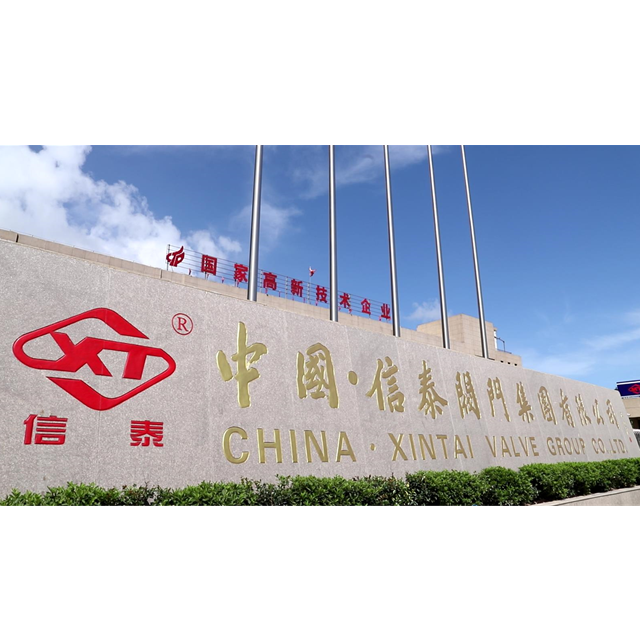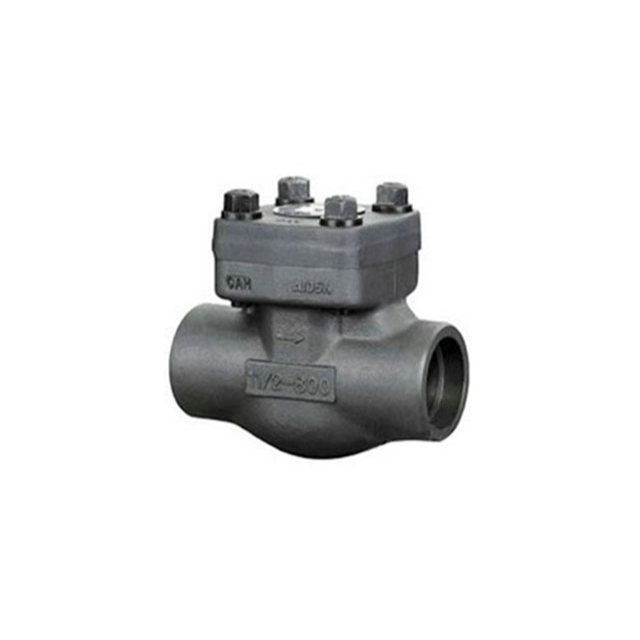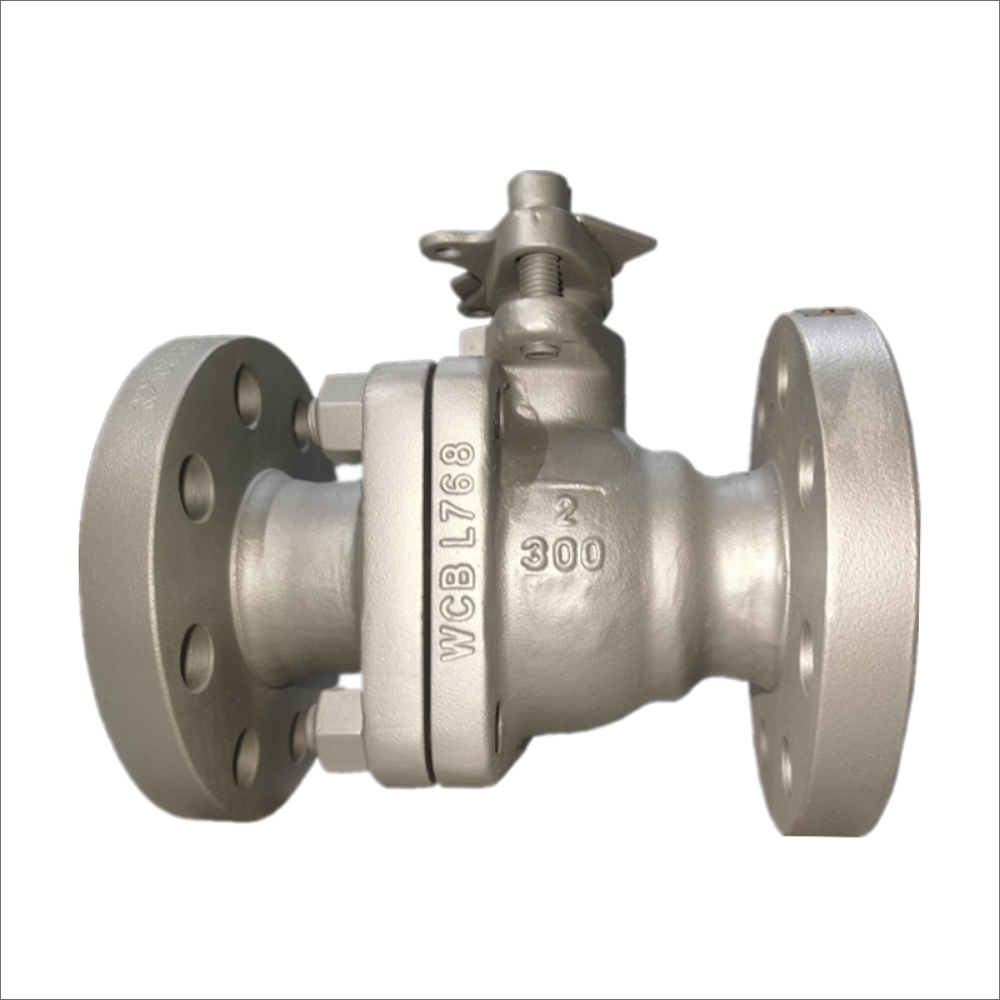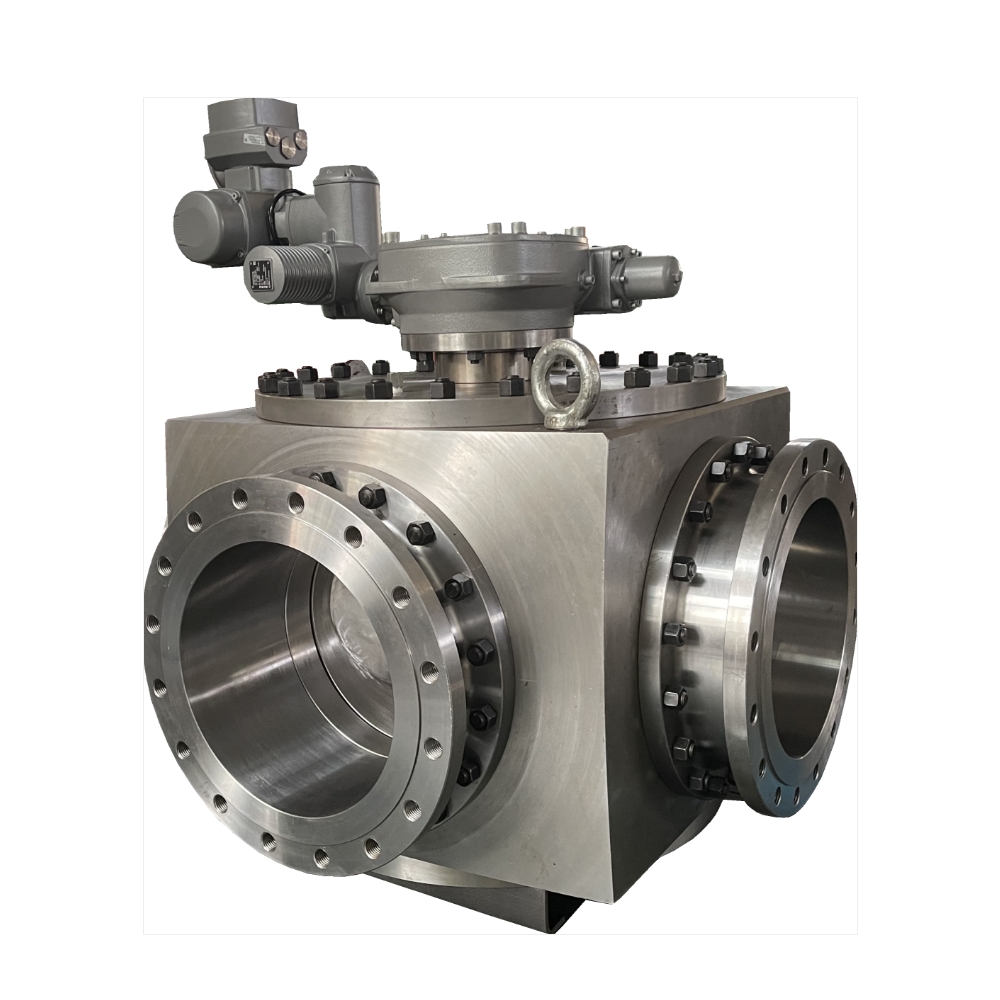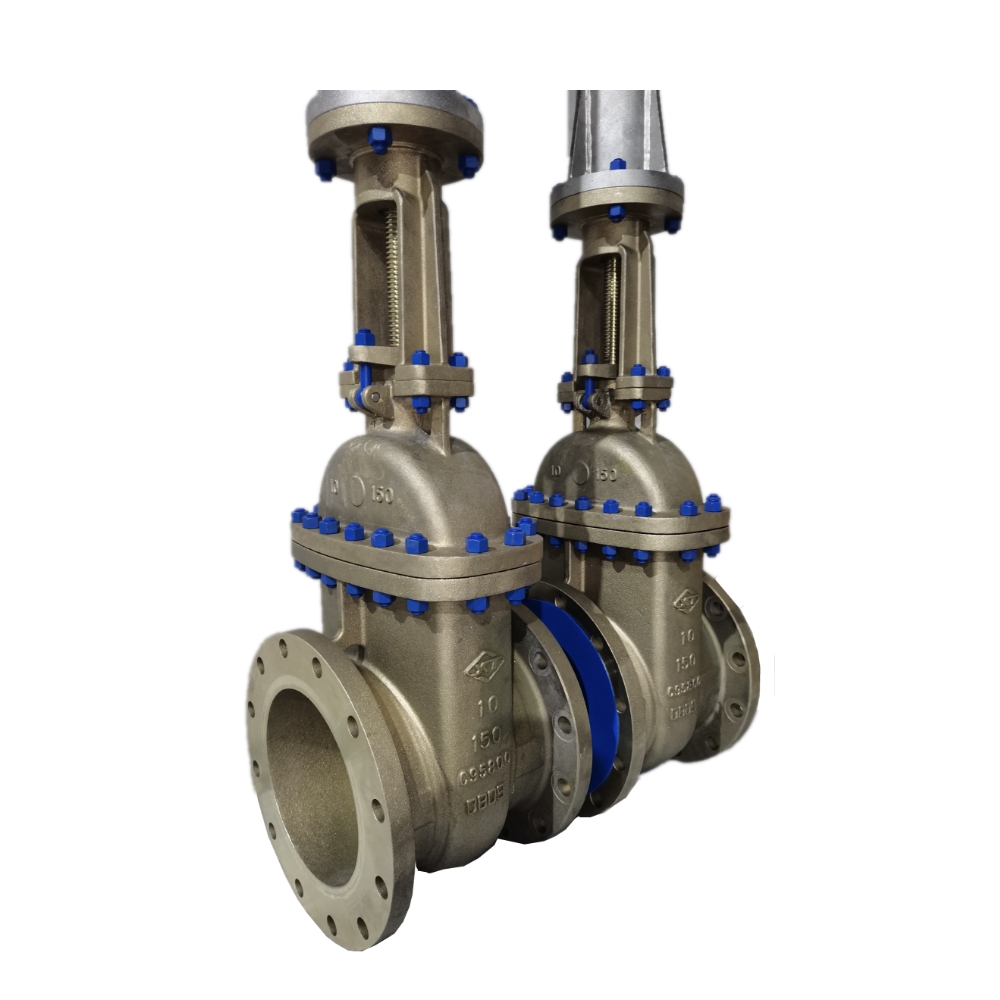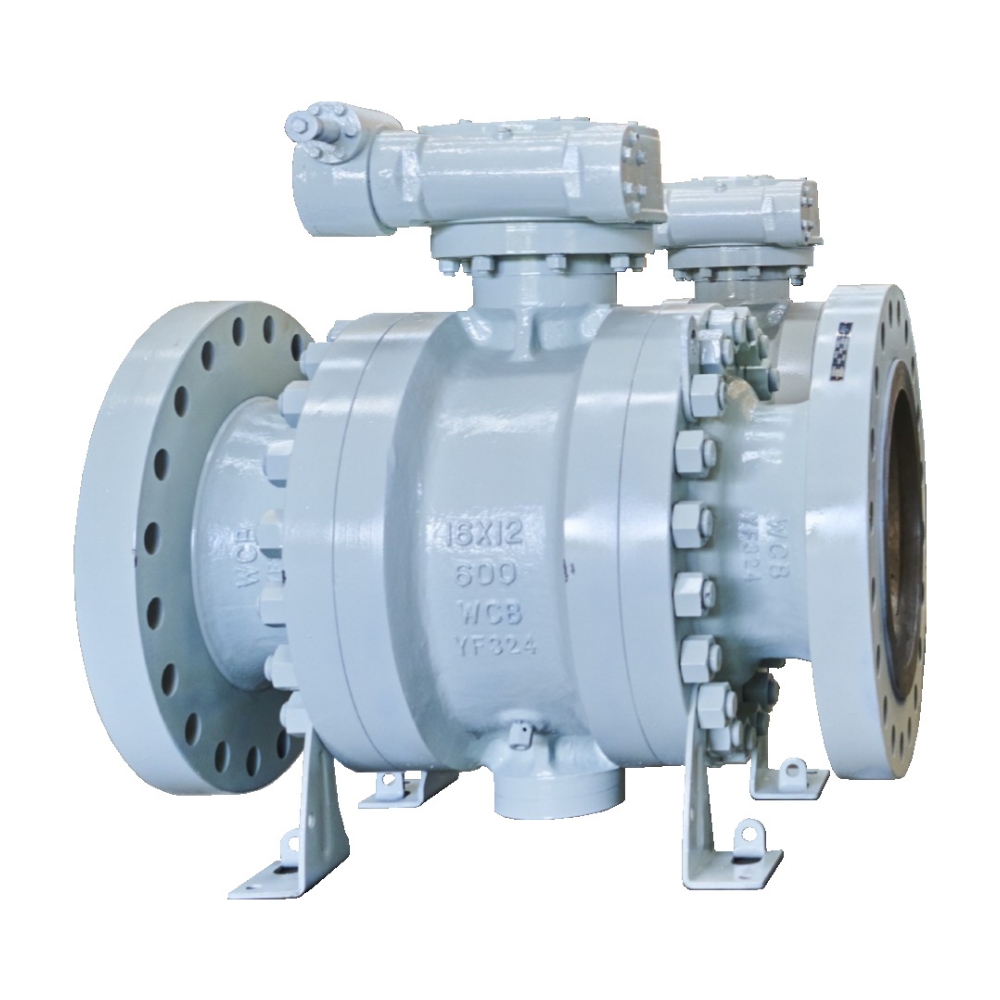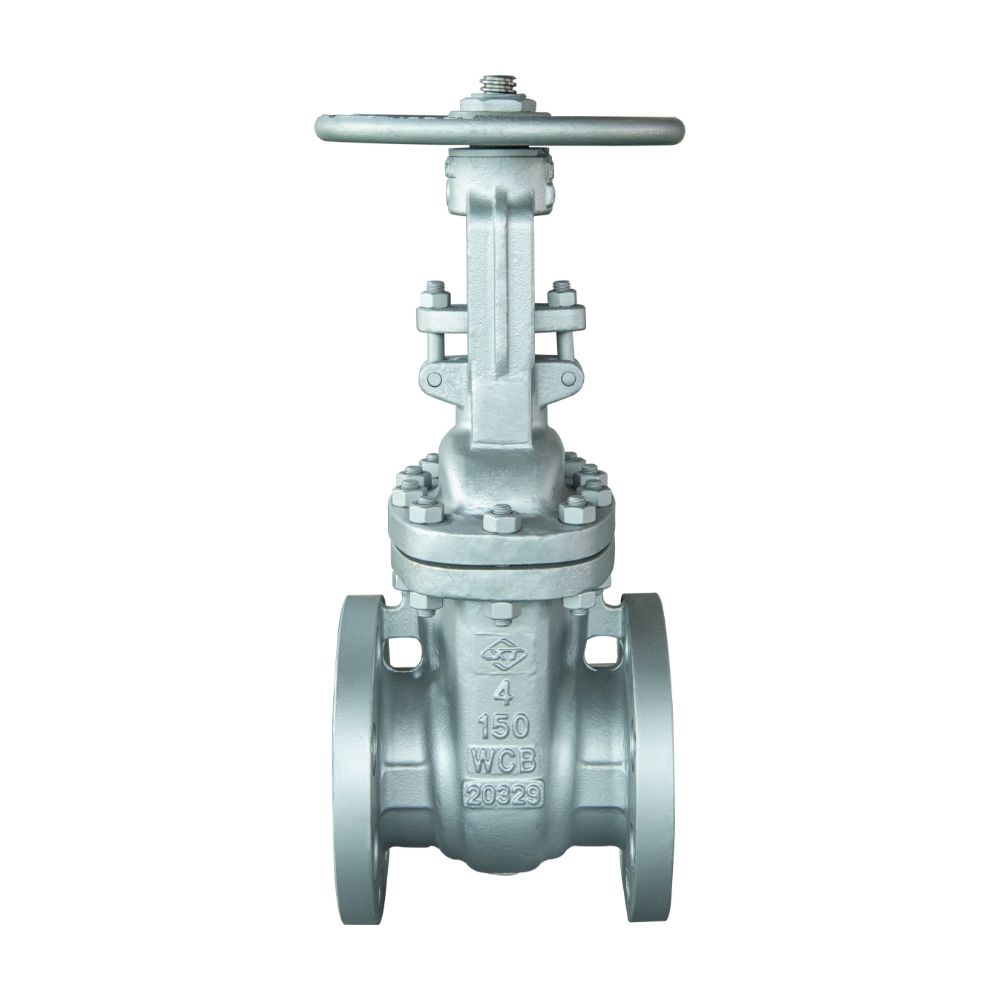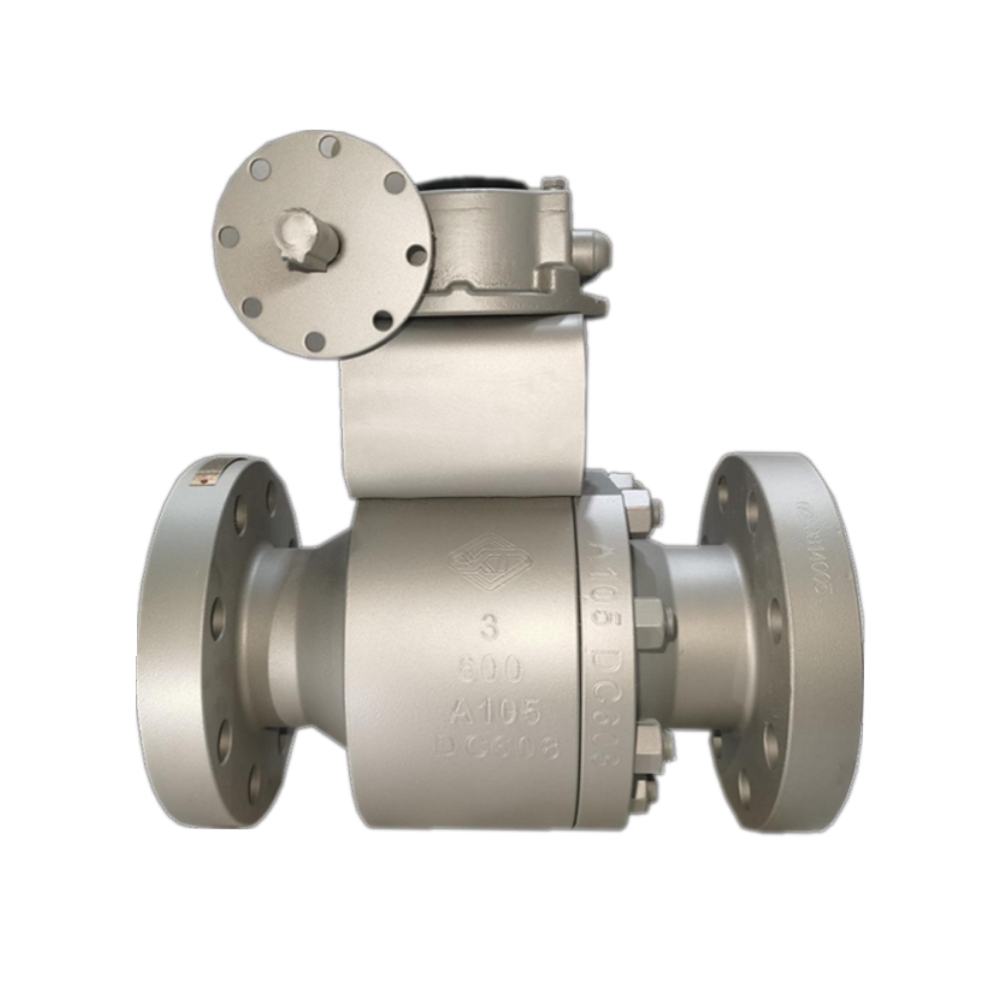Forged Steel Swing Check Valve
Description
Size Range: 1/2″ up to 2″ Pressure Class Range: 150LB To 2500LB End Connection: NPT,SW Material: Forged steel Seals: Metal to Metal Valves Design: API602 Face to Face: Manufacture Standard End Connection: / Testing&Inspection: API598 Suitable Medium: Water,Oil,Air And Some Corrosive liquid
A check valve, clack valve, non-return valve, reflux valve, retention valve or one-way valve is a valve that normally allows fluid (liquid or gas) to flow through it in only one direction.
Application scope: petroleum chemical industry, electric power, metallurgy, medicine, real estate, municipal engineering and other industries.
What Are Forged Steel Valves?
In the process of making valves, steel is transformed into a liquid state. The process enabled the metal to be poured into molds and solidified when it reached a certain temperature.
This type of forging results in valves with more strength and toughness and a unique oriented grain structure, which increases their fatigue resistance. In addition, forged steel valves can handle higher temperatures and pressures.
Unlike castings, forged steel valves are shaped by a high-speed forging process. This process requires less material waste and can make valves from a variety of metals and alloys. Forgings also have greater ductility and tensile strength than castings.
Forged steel valves are highly reliable. These valves are available for a wide range of applications, including oil, gas, water, and waste processing units.
If you want to know more about forged steel valves, continue reading this article.
What is a Forged Steel Valve?
There are two main types of steel valves: cast and forged. Forging is a method for manufacturing valves. In this method, steel is melted and forged into the shape of a valve with the help of a forging machine. Forging involves heating the metal until it becomes soft and using mechanical forces to shape it into the desired shape.
Forged steel valves have many advantages over overcast ones, such as improved flow characteristics. Forgings provide a better structure for directional flow lines. However, forged steel valves are often more expensive to produce than cast ones.
Casting valves are inexpensive and suitable for low-volume production. They can be made of a greater range of alloys and metals than forged ones. The forging process ensures uniform wall thickness and dimensional tolerances. It is more durable and can be used for different applications.
Why Use Forged Steel Valve?
A forged steel valve is an excellent choice for power plants and other applications that require high-quality valves. Unlike other types of valves, forged steel ones are made from a single solid block of metal, eliminating the need for casting and the waste materials associated with the process.
Forged valves are also stronger and have less surface porosity, ensuring that they retain structural integrity. As a result, forged steel valves are more resistant to thermal fatigue and other common problems associated with metal.
The forging process results in uniform wall thickness and tight dimensional tolerances. Forgings require high-impact closed-die press forces, whereas rolled-bar valves are acceptable for low-pressure applications.
Forged valves have greater resistance to high temperatures and high pressures than their cast counterparts. They can be made into intricate designs that require fewer pieces, which can be an excellent option for reducing cost.
Forged steel valves are much stronger than cast ones, as they’re made from a sand-cast piece. A forged valve is typically made with a larger diameter than a cast steel valve. Hence, a forged steel valve is an excellent choice for a large-diameter valve. However, these valves can be more expensive than their cast counterparts. They are also easier to service than other types of valves.
In addition to their high-quality materials, forged steel valves are available in a variety of sizes, connection types, and port configurations. They can control the flow of multiple fluids and have a self-sealing design that makes them ideal for a variety of applications. Their unique self-sealing design also makes them highly resistant to high pressure, making them an excellent choice for pipelines. They include gate valves, globe valves, and check valves.

Related products
BALL VALVE
- 3-Way L Port Ball Valve
- Full-Welding Ball Valve
- V-Notch Valve
- Undergroud Ball Valve
- Top Entry Ball Valve
- Thread Ball Valve
- Soft Sealing Ball Valve
- Side Entry Ball Valve
- Metal Sealing Ball Valve
- Forged Trunnion Ball Valve
- 3-Way T Port Ball Valve
- Forged Floating Ball Valve
- Flange Type Segment Ball Valve
- Double Block and Bleed Valve
- Casting Trunnion Ball Valve
- Casting Floating Ball Valve
- Bronze Ball Valve
- 4-Way Ball Valve
- Wafer Type Segment Ball Valve
BUTTERFLY VALVE
- Centerline Lug Type Butterfly Valve
- Centerline Wafer Type Butterfly Valve
- Double Eccentric Butterfly Valves
- High Performance Butterfly Valve
- Lined Butterfly Valve
- Resilient Seated Butterfly Valve
- Triple Eccentric Butterfly Valves
CHECK VALVE
- Bronze Check Valve
- Butt Welding Check Valve
- Casting Check Valve
- Dual Plate Check Valve
- Forged Check Valve
- Globe Check Valve
- Lift Check Valve
- Pressure Self-Sealing Check Valve
- Socket Welding Check Valve
- Swing Check Valve
- Thread Check Valve
- Wafer Check Valve
CONTROL VALVE
- Electric Actuator Ball Valve
- Electric Actuator Butterfly Valve
- Electric Actuator Gate Valve
- Electric Actuator Globe Valve
- Gas Over Oil Actuator Ball Valve
- Linear Control Valve
- Pneumatic Actuator Ball Valve
- Pneumatic Actuator Butterfly Valve
- Pneumatic Actuator Gate Valve
- Pneumatic Actuator Globe Valve
CRYOGENIC VALVE
- Cryogenic Ball Valve
- Cryogenic Check Valve
- Cryogenic Gate Valve
- Cryogenic Globe Valve
GATE VALVE
- Bellow Gate Valve
- Bidirectional Knife Gate Valve
- Bronze Gate Valve
- Butt Welding Gate Valve
- Casting Wedge Gate Valve
- Forged Wedge Gate Valve
- Knife Gate Valve
- Parallel Slide Gate Valve
- Pressure Self-Sealing Gate Valve
- Socket Welding Gate Valve
- Thread Gate Valve
- Through Conduit Knife Gate Valve
GLOBE VALVE
- Angle Type Globe Valve
- Bellow Globe Valve
- BS 1873 Globe Valve
- Butt Welding Globe Valve
- Casting Globe Valve
- Forged Globe Valve
- Pressure Self-Sealing Globe Valve
- Socket Welding Globe Valve
- Thread Globe Valve
Plug Valve
- Plug Valve
SAFETY VALVE
- High Performance Steam Safety Valve
- Jacketed Safety Relief Valves
- Pilot Operated Safety Valve
- Spring Load Safety Valve
STRAINER
- Basket Strainer
- Cast Iron Y Strainer
- Thread Y Strainer
- Y Strainer
